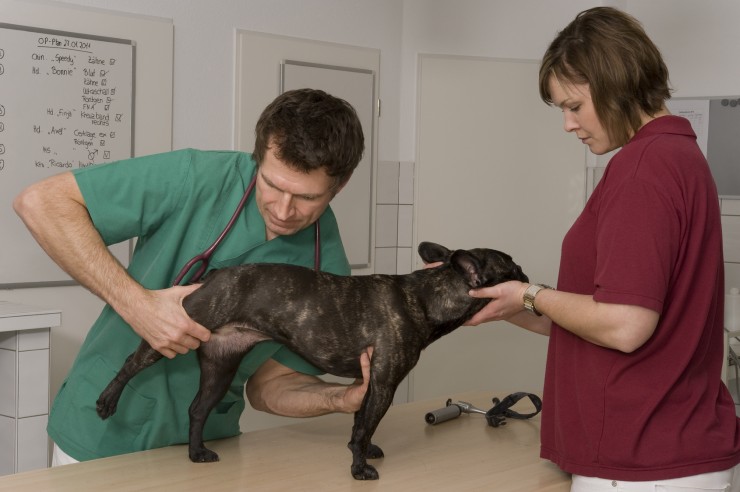

Owning a horse is a huge responsibility that brings a lot of pleasure along with it. There is a lot to think about – where to keep your horse so they are safe, what tack to buy and this includes getting a well fitting saddle, rugs to buy both indoor and out, grooming equipment, yard equipment, food bills, vet and dentist bills and then there is the right sort of insurance to think about. There are many different packages of horse insurance out there which can make the whole process a little bit confusing, so you need to take your time so you get it right.
Horse insurance can be an expensive business so it is crucial to get the right sort of cover. You need to make sure you read all the small print on your horse insurance policy so that you know you are covered for the things you want insurance for. This could include vet fees which are the largest pay outs that insurers tend to deal with for most horse owners. You could look for a cheaper policy that offers you limited cover although it could turn out to be more expensive in the long run, especially if things go wrong.
The thing about any horse insurance policy is that not one single policy will fit everyone's needs – every person's situation is different and this means you need to choose an insurer who allows you to select a cover that can be tailored to suit your particular and specific needs. By doing this you should end up with an insurance cover that will protect you and pay out if and when things go wrong.
There are certain things you have to avoid doing and other things which you have to do when looking at horse insurance and this includes the following:
When it comes to covering vet fees, you need to make sure whether or not your insurance covers any specific diagnostic treatments and if there is a limit on the amount of cover. Many equine insurers ask you to tell them about any specialist procedures that may be needed on your horse before you agree to let your vet do them. This allows your insurers to check out the information with their own vet advisers as to whether the specialist treatment is the best course of treatment for your horse.
By reading the small print carefully, you will see if there are any limits imposed on costly diagnostic treatments and this includes things like Magnetic Resonance Imaging (MRI). This is a very expensive procedure that vets find extremely useful when it comes to foot lameness, but it can be thought of as a luxury that is not really that necessary, hence insurers impose limits on this type of treatment.
Complementary and alternative therapies are normally included in a standard veterinary fee equine insurance policy – but again you need to read the small print to make sure this is indeed the case. Complementary and alternative medicine are referred to as CAM and some policies do exclude this type of treatment. One thing to check out is whether or not the cover you take out includes veterinary homoeopathy which most insurers list as being a complementary treatment. Some policies insist that this sort of procedure is carried out by a qualified person like a physiotherapist and not a vet.
Other things to consider about horse insurance is whether or not the cover you have insures you as a bridle-less rider. You can ride any way you like when you are on private property but when you are out riding on the road or in a public place – then this is a different matter altogether. There are Highway Code rules which cover things like 'Never ride a horse without a saddle and bridle' on a public road. By doing this you are indeed contravening a Road Traffic Act.
If an accident did occur and other people on the road were injured as a result of you losing control of your horse, this could lead to having to deal with legal proceeding taken out against you. However, there are some policies that do offer cover for people who ride in a style known as 'natural horsemanship' which means they ride in rope halters. However, the cover does require that anyone who takes out this sort of policy would need to take out reasonable precautions in order to avoid making a claim.
When choosing the right sort of insurance for your horse, you need to do as much research as possible, get several quotes from a few specialist equine insurers, read the small print very carefully and always be completely open with your insurers when anything does go wrong. If your equine insurers know exactly what sort of riding you are going to do and if when you have to make a claim you are completely honest and open with them, you will find that claims you make will go through very smoothly.
 Effective Vermin Control in Milton Keynes is only by an Expert
Effective Vermin Control in Milton Keynes is only by an Ex
Effective Vermin Control in Milton Keynes is only by an Expert
Effective Vermin Control in Milton Keynes is only by an Ex
 Ten Important Questions To Ask When Buying Or Adopting An Adult Dog
Ten Important Que
Ten Important Questions To Ask When Buying Or Adopting An Adult Dog
Ten Important Que
 Hip Dislocation In The Dog
Hip Dislocation I
Hip Dislocation In The Dog
Hip Dislocation I
 Six Signs That You Might Be Barking Mad For Dogs!
Six Signs That Yo
Six Signs That You Might Be Barking Mad For Dogs!
Six Signs That Yo
 How To Safely Give Your Dog Medication
How To Safely Giv
How To Safely Give Your Dog Medication
How To Safely Giv
Copyright © 2005-2016 Pet Information All Rights Reserved
Contact us: www162date@outlook.com